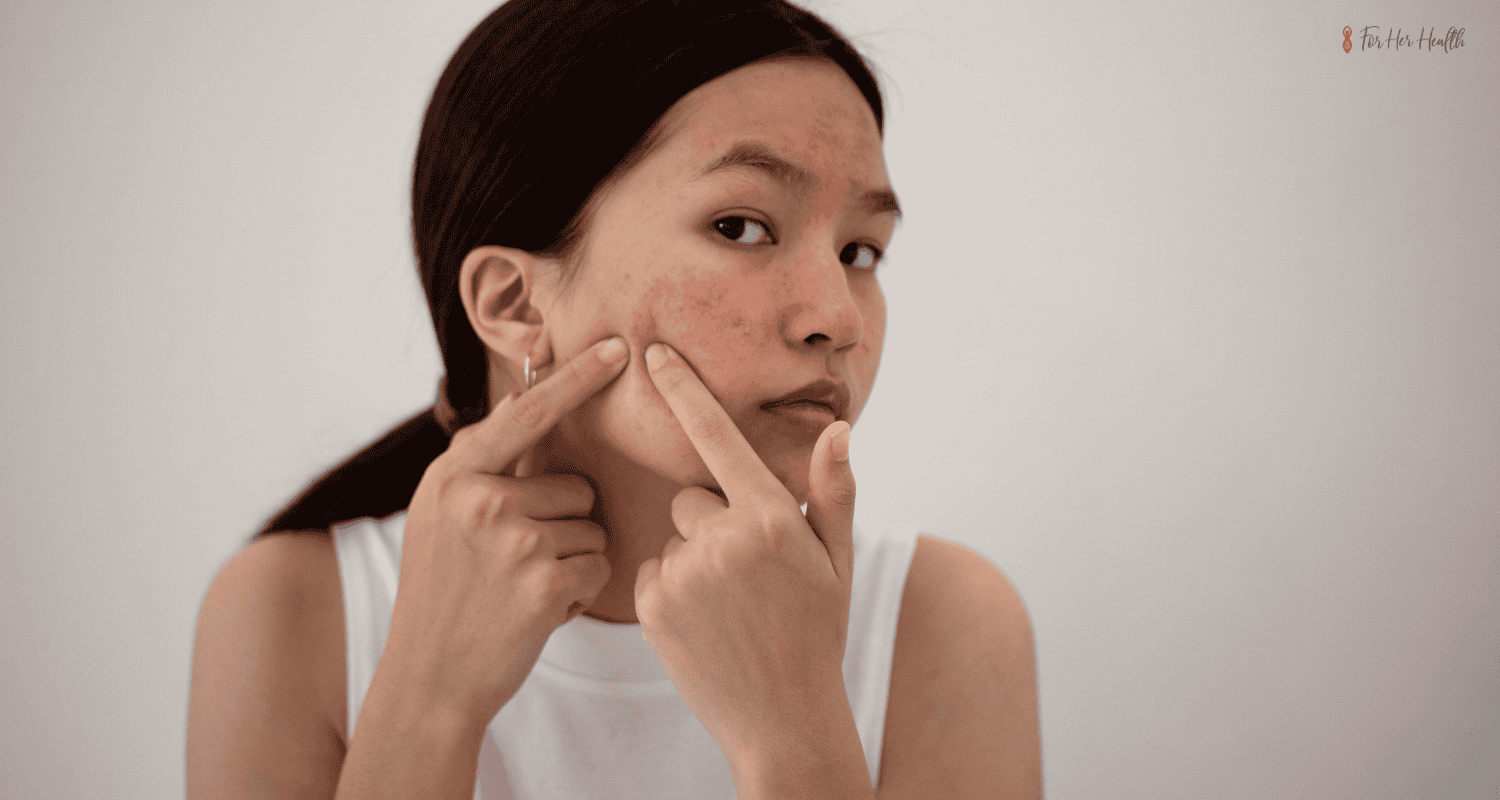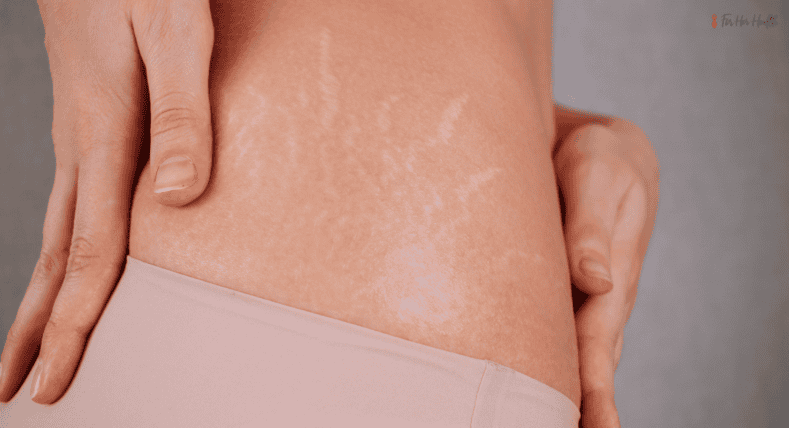Nurturing Your Glow
Understanding and Managing Pregnancy Acne with Facials and Medical-Grade Products
Pregnancy, with its myriad of changes, is often considered a time of radiance and joy. However, for many expectant mothers, the appearance of pregnancy acne can dampen this glowing experience. In this comprehensive blog post, we will delve into the causes of pregnancy acne, explore safe and effective skincare practices during this special time, and discuss the benefits of facials with medical-grade products in managing and treating pregnancy acne.
Understanding Pregnancy Acne:
Pregnancy acne is a common skin concern that arises during pregnancy, affecting many expectant mothers. This skin condition is attributed to hormonal fluctuations, particularly the surge in androgen hormones, which stimulate the sebaceous glands, leading to increased oil production. The excess oil, combined with dead skin cells, can clog pores and contribute to the development of acne.
Causes of Pregnancy Acne:
- Hormonal Fluctuations: The primary driver of pregnancy acne is the hormonal rollercoaster that occurs during gestation. Increased androgen levels can lead to an overproduction of sebum, making the skin more prone to acne.
- Changes in Skincare Routine: Pregnancy often prompts women to reevaluate their skincare routines. In some cases, changes in products or the introduction of new ones can contribute to skin issues.
- Stress and Fatigue: The physical and emotional demands of pregnancy, coupled with potential sleep disturbances, can elevate stress levels. Stress is known to impact the skin, potentially exacerbating acne.
- Genetic Predisposition: If acne has been a concern in the family history, there may be a genetic predisposition to experiencing pregnancy acne.
Safe Skincare Practices During Pregnancy:
Maintaining healthy skin during pregnancy involves adopting safe and pregnancy-friendly skincare practices:
- Gentle Cleansing: Use a mild, fragrance-free cleanser to cleanse the skin twice daily. Avoid harsh scrubbing, as it can irritate the skin.
- Non-Comedogenic Products: Choose non-comedogenic moisturizers and makeup products that won’t clog pores.
- Sun Protection: Regularly apply a broad-spectrum sunscreen with at least SPF 30 to protect the skin from harmful UV rays. Pregnancy hormones can make the skin more sensitive to the sun.
- Hydration: Stay well-hydrated by drinking plenty of water throughout the day. Proper hydration supports overall skin health.
- Consult with a Professional: Before introducing new skincare products or treatments, consult with a healthcare professional to ensure their safety during pregnancy.
Facials with Medical-Grade Products for Pregnancy Acne Treatment:
Facials with medical-grade products offer a safe and effective approach to managing pregnancy acne. These facials are performed by licensed skincare professionals who are knowledgeable about the specific needs and concerns of pregnant women. Here’s how facials with medical-grade products can contribute to treating pregnancy acne:
- Customized Treatment Plans:
- Skincare professionals assess the unique needs of each pregnant woman and tailor treatment plans accordingly.
- Customization ensures that the products used are safe during pregnancy, addressing acne concerns without compromising maternal or fetal health.
- Extraction of Impurities:
- Gentle extraction techniques are employed to remove blackheads and whiteheads, helping to clear congested pores without causing trauma to the skin.
- Skincare professionals use sterilized tools and follow best practices to minimize the risk of infection.
- Chemical Peels with Caution:
- Some medical-grade facials may incorporate gentle chemical peels with pregnancy-safe ingredients like glycolic acid or lactic acid.
- Chemical peels are performed cautiously, with a focus on promoting skin renewal without causing irritation.
- Hydration and Nourishment:
- Medical-grade products used in facials often contain high-quality ingredients that hydrate and nourish the skin.
- Hydration is essential for maintaining skin health, and professional-grade products can provide targeted nourishment.
- Monitoring and Adjustments:
- Skincare professionals monitor the skin’s response to treatments and make adjustments as needed.
- Regular facials allow for ongoing care and address changing skin needs throughout the different stages of pregnancy.
To Conclude:
Pregnancy acne is a common and manageable skin concern that can be addressed with safe and effective skincare practices. Facials with medical-grade products offer a personalized and professional approach to treating acne during pregnancy, providing expectant mothers with a sense of self-care and confidence. By adopting a comprehensive skincare routine, consulting with professionals, and investing in targeted treatments, pregnant women can nurture their skin and embrace the radiance that comes with this extraordinary journey into motherhood. Remember, taking care of your skin is not just about addressing surface concerns but also about nurturing your well-being during this special time.



